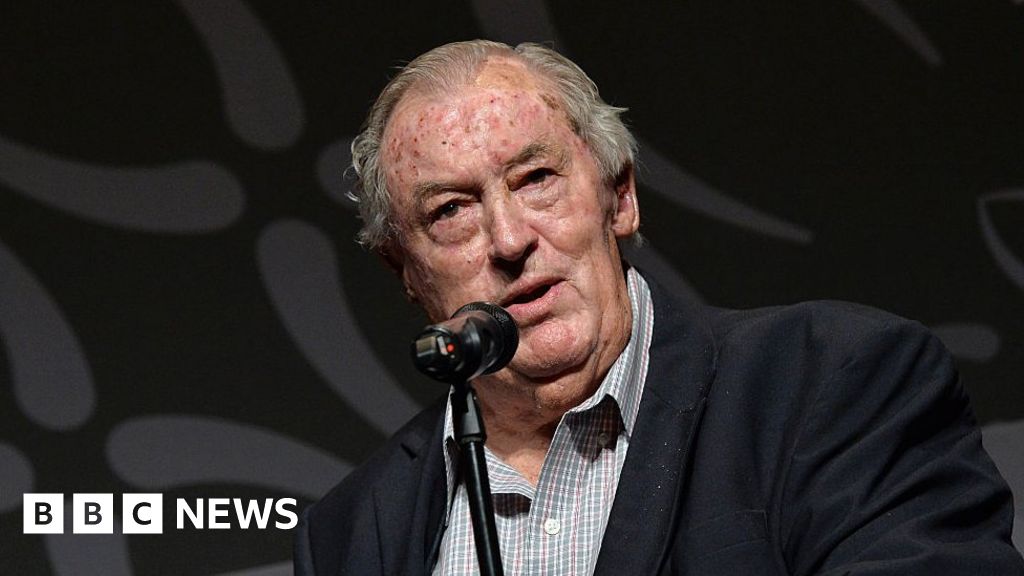About Paleoanthropology
Paleoanthropology or paleo-anthropology is a branch of paleontology with a human focus, which seeks to understand the early development of anatomically modern humans, a process known as hominization, . . .
Richard Leakey: Kenyan conservationist dies aged 77
Richard Leakey , a world-renowned Kenyan conservationist and Fossil Hunter has died aged 77.
His groundbreaking work contributed to the recognition of Africa as The Birthplace of humankind.
He also spearheaded campaigns to stop poaching in Kenya, helping reduce The Number of elephants being killed for their tusks.
Kenyan President Uhuru Kenyatta said Leakey had " served Our Country with distinction".
Leakey served in Various Positions in the Kenyan government including The National Museums of Kenya, the Kenya Wildlife Service and as head of the Civil Service .
" Besides his distinguished career in public service, Dr Leakey is celebrated for his prominent role in Kenya's civil society where he founded and successfully ran A Number of institutions, " Mr Kenyatta said.
Leakey followed in his parents' footsteps in Paleoanthropology - The Practice of seeking to understand Human Evolution by studying fossils and ancient tools.
In his 20s, Leakey made his own important finds, and in two ground-breaking books (Origins and People of The Lake ), he explained the emergence of Homo Erectus , an ancestor of Modern Humans .
His work contributed to the growing body of evidence that the earliest humans had lived on the African continent.
In 1981, he fronted a seven-part Bbc Television series called " The Making Of Mankind" which made him a household name.
In the late 1980s, he switched careers to take over as head of Kenya's Wildlife Service at a time when poachers were wiping out the country's entire elephant and rhino populations.
He told his rangers to shoot poachers on sight and organised the spectacular public burning of a huge haul of ivory.
In 1993, the small plane he was flying in lost power and crashed. He survived but both of his legs were amputated below the knee.
That did not stop him from entering Kenyan politics, setting up a new Political Party . But his political career did not last and in 1998 he took up a role as head of Kenya's Civil Service , with a mission to fight official corruption.
He lasted three years in The Role before returning to the Kenya Wildlife Service.
At the time of his death, he was serving as chairman of the Turkana Basin Institute at Stony Book University in the US. The Institute works to facilitate research and education in palaeontology and archaeology in northern Kenya.
Kenya's Deputy president said Leakey " inspired many Kenyans with his loyalty to his country. He loved Kenya".
Source of news: bbc.com





